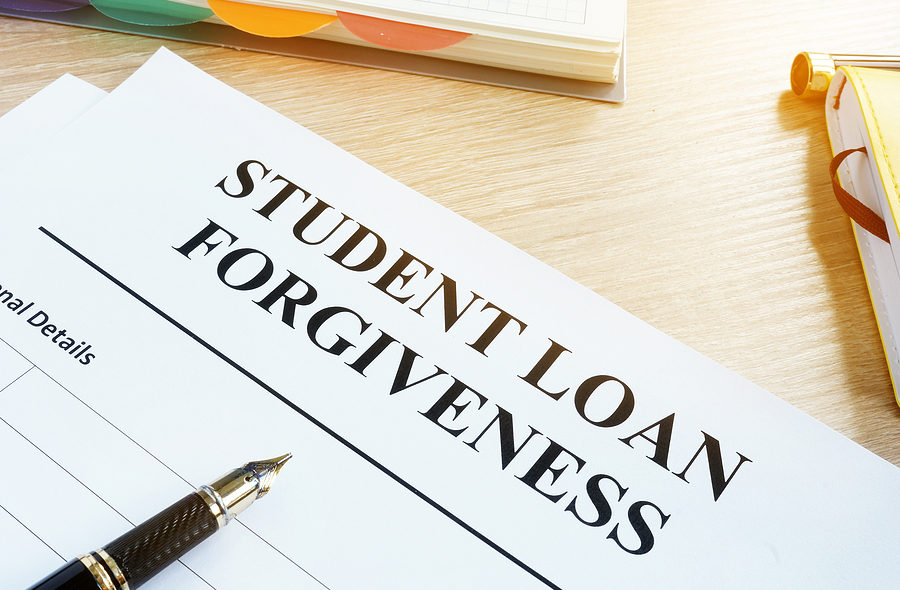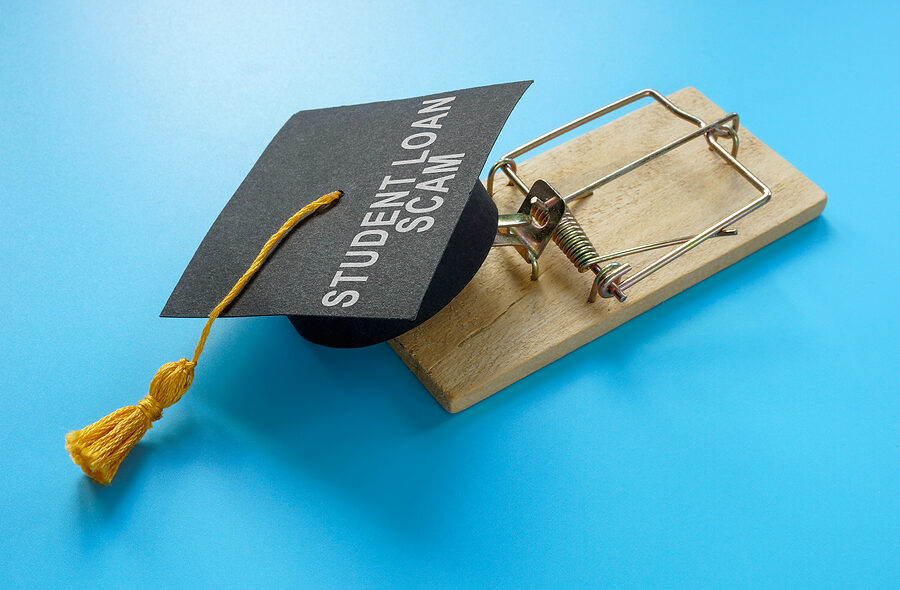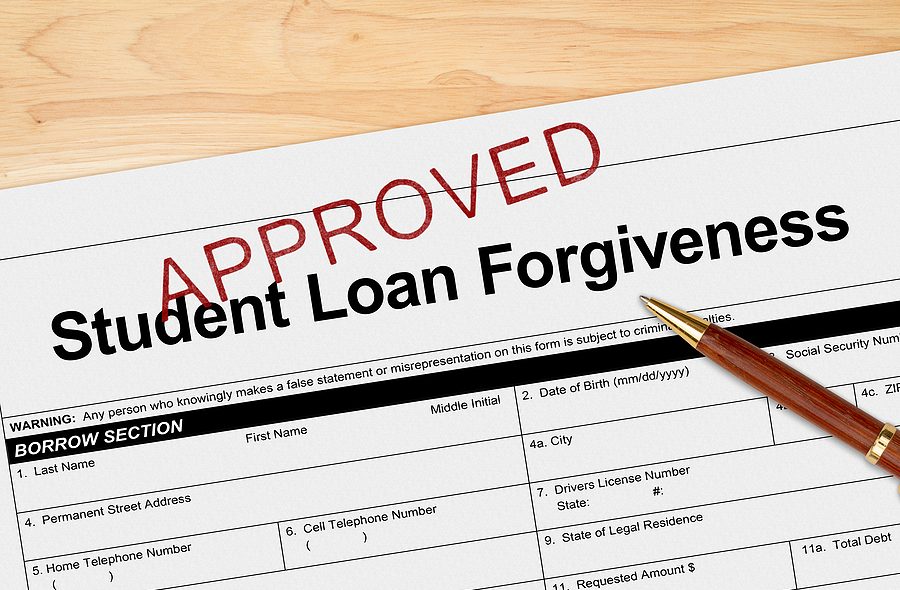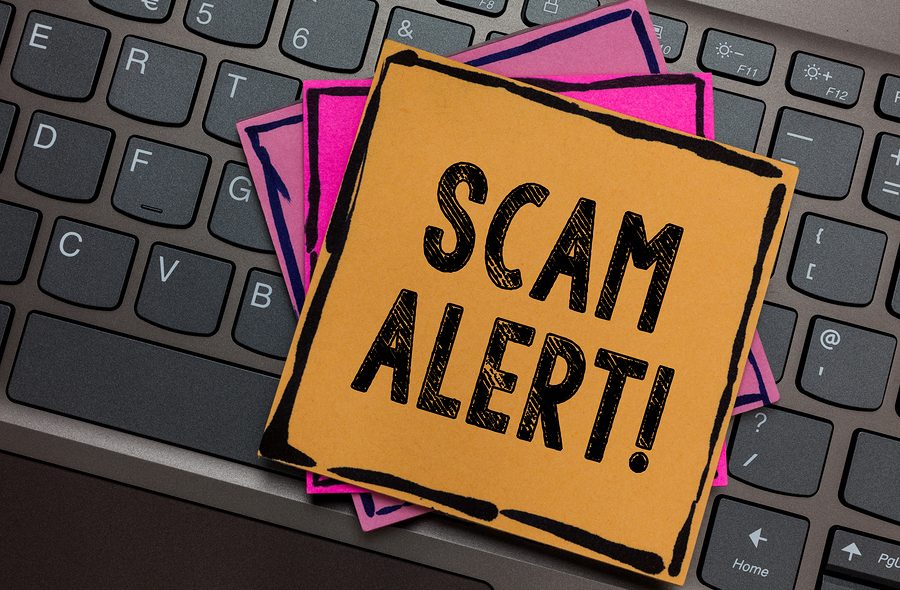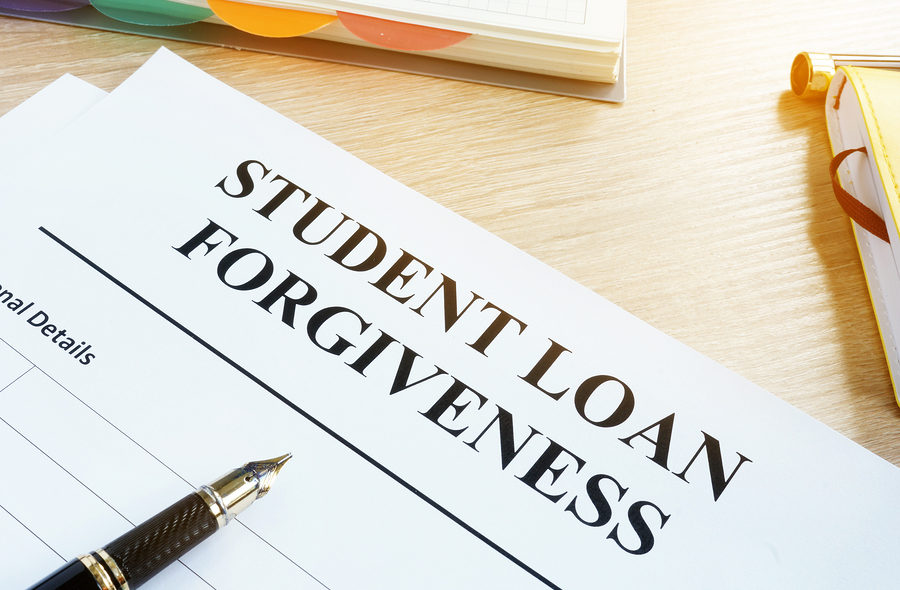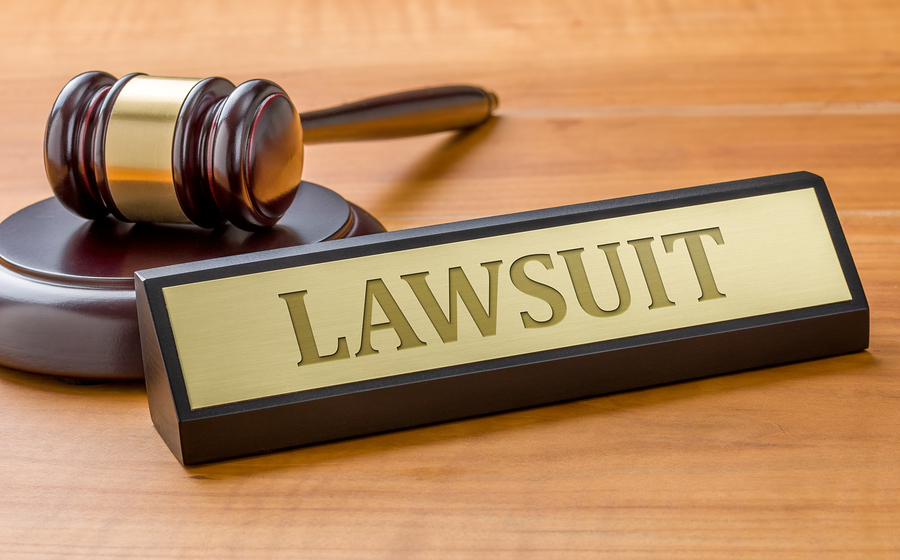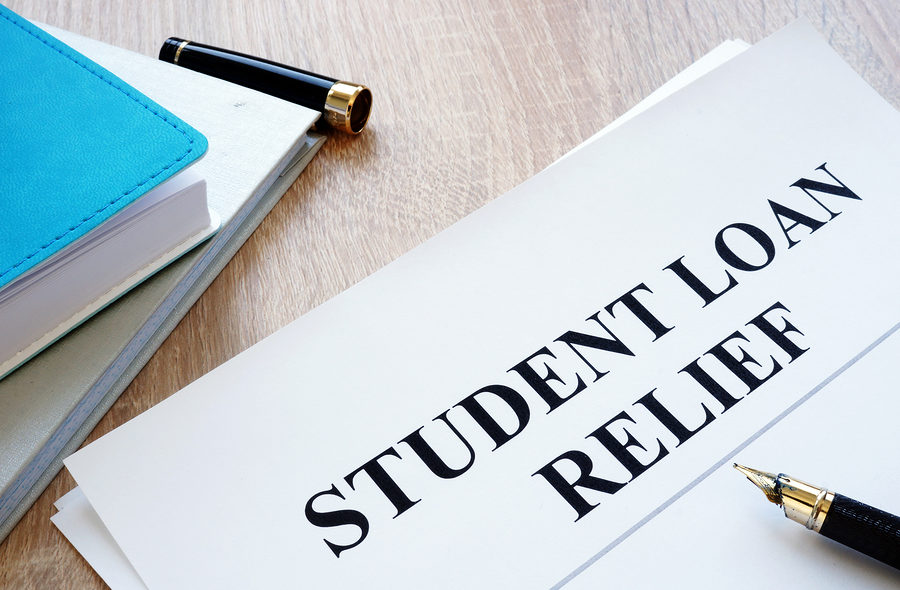Statistics have come out showing just how many borrowers who have applied for public service loan forgiveness have ended up being denied loan forgiveness. It is estimated that more than 100,000 applicants have been rejected since the program began, which has many scratching their heads asking why so many borrowers are being rejected?
According to the U.S. Department of Education, as of June 30, 2019, 90,962 student loan borrowers submitted 110,729 applications for public service student loan forgiveness. Of these applications, a total of 102,051 have been processed while 8,677 remain pending. Only 1,216 of the over 102,000 applications submitted have been approved, leaving a total of 100,835 applications being rejected. These numbers mean that less than one percent of all applications have been approved.
Digging deeper into these numbers, only 845 borrowers have received a collective $52 million in public service student loan forgiveness. The average debt discharged is $61,592. Another 726 applications have been approved under the Temporary Expanded Public Service Loan Forgiveness Program, which has given an additional 681 borrowers relief. However, a large number are still left without any recourse or assistance.
The reasons why so many applicants are being rejected vary. Fifty-five percent of them were because the borrowers failed to make all the required qualifying payments while 24 percent of them were due to missing information. Another 15 percent reportedly did not include “eligible” loans. Two percent were rejected due to employment date discrepancies, and another two percent were because the employer listed was not an eligible employer under the program.
If these issues are discovered early on, they can be remedied fairly easily. However, problems arise when the borrower does not discover this fact until years into the program.
The Public Service Loan Forgiveness Program forgives federal student loans for borrowers who are full-time employees, working more than 30 hours per week, in an eligible federal, state, or local public service job or 501(c)(3) nonprofit job. The borrower needs to make 120 eligible on-time payments, as well. Over half of borrowers who were rejected failed to meet this specific requirement.
One of the requirements under the program is the borrower must complete the Employment Certification Form and submit it to the U.S. Department of Education whenever the person begins a job in public service, when he or she switches employers, and annually to ensure that the borrower is on track. Not submitting this certification form can result in the person not remaining on the right track to qualify for the program.
Additionally, borrowers must be enrolled in an income-based federal student loan repayment plan to qualify and must make 120 required payments while enrolled in this federal student loan repayment plan. As these kinks get worked out, it is possible that the number of applicants who are approved for loan forgiveness will increase. At this time, however, the small amount that are being approved is less than encouraging.
Please click here to read more.
For borrowers who are struggling with student loan debt, relief options are available. Many student loan borrowers are unaware that they have rights and repayment options available to them, such as postponement of loan payments, reduction of payments or even a complete discharge of the debt. There are ways to file for bankruptcy with student loan debt. It is important you contact an experienced Miami bankruptcy attorney who can advise you of all your options. As an experienced CPA as well as a proven bankruptcy lawyer, Timothy Kingcade knows how to help clients take full advantage of the bankruptcy laws to protect their assets and get successful results. Since 1996 Kingcade Garcia McMaken has been helping people from all walks of life build a better tomorrow. Our attorneys help thousands of people every year take advantage of their rights under bankruptcy protection to restart, rebuild and recover. The day you hire our firm, we will contact your creditors to stop the harassment. You can also find useful consumer information on the Kingcade Garcia McMaken website at www.miamibankruptcy.com.

